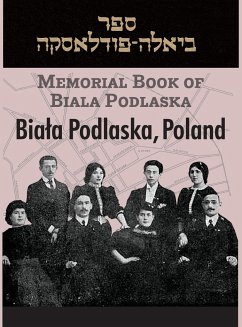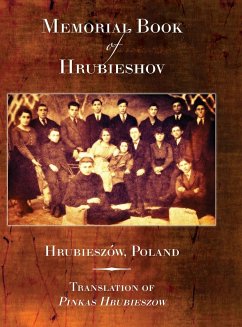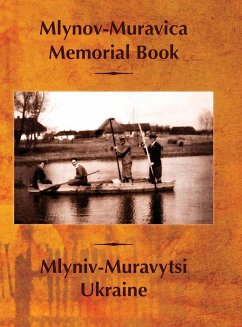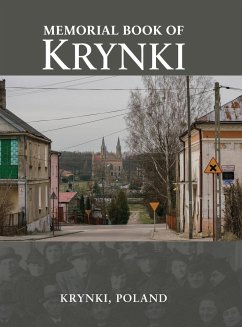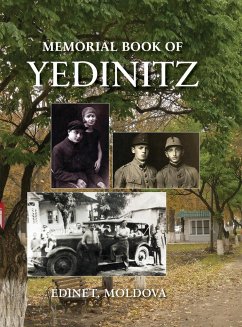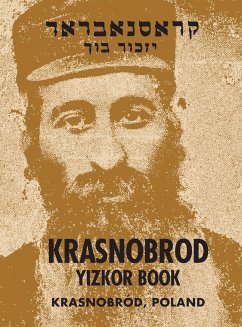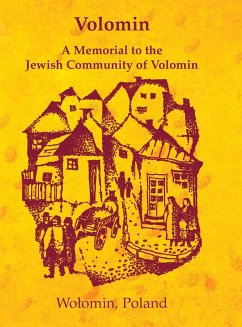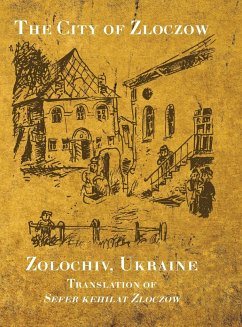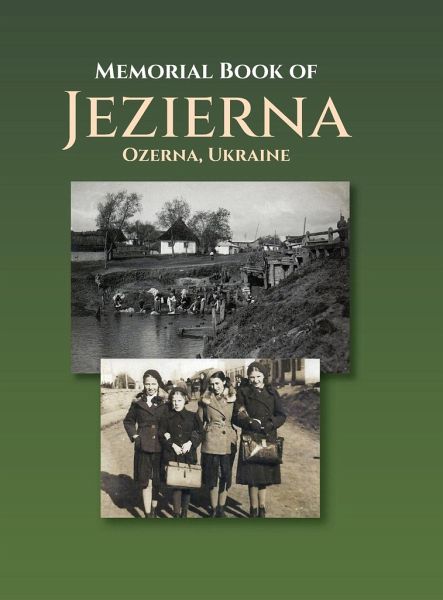
Memorial Book of Jezierna (Ozerna, Ukraine)
Versandkostenfrei!
Versandfertig in 1-2 Wochen
35,99 €
inkl. MwSt.

PAYBACK Punkte
18 °P sammeln!
In 1920, Jezierna (modern Ozerna, Ukraine), located between Ternopil' and Lviv, became part of the new Republic of Poland. Most Jews in the town made their living as merchants, artisans, and tradesmen: bakers, carpenters, locksmiths, and orchard keepers. Some sold flax, honey, or wheat. Many of the grain mills and oil presses were Jewish-owned. The community supported a large synagogue, study house, cheder, and a four-grade secular Jewish public school. Three Zionist organizations emerged by the mid-1920s. A Jewish National house-Hatikvah House-was bought and renovated, eventually housing a li...
In 1920, Jezierna (modern Ozerna, Ukraine), located between Ternopil' and Lviv, became part of the new Republic of Poland. Most Jews in the town made their living as merchants, artisans, and tradesmen: bakers, carpenters, locksmiths, and orchard keepers. Some sold flax, honey, or wheat. Many of the grain mills and oil presses were Jewish-owned. The community supported a large synagogue, study house, cheder, and a four-grade secular Jewish public school. Three Zionist organizations emerged by the mid-1920s. A Jewish National house-Hatikvah House-was bought and renovated, eventually housing a library of Yiddish and world literature, pioneer training, and a drama club. Jezierna was occupied by the Nazis in July 1941, and entered a reign of terror and murder. Jews were often simply grabbed off the street and shot. A forced labor camp was set up, with Jews brought in from many neighboring towns. When the last Jews were expelled to Zborow in July 1942, only about 1,000 were left; Jewish Jezierna had ceased to exist. This book is our memorial to our village and its martyrs.





